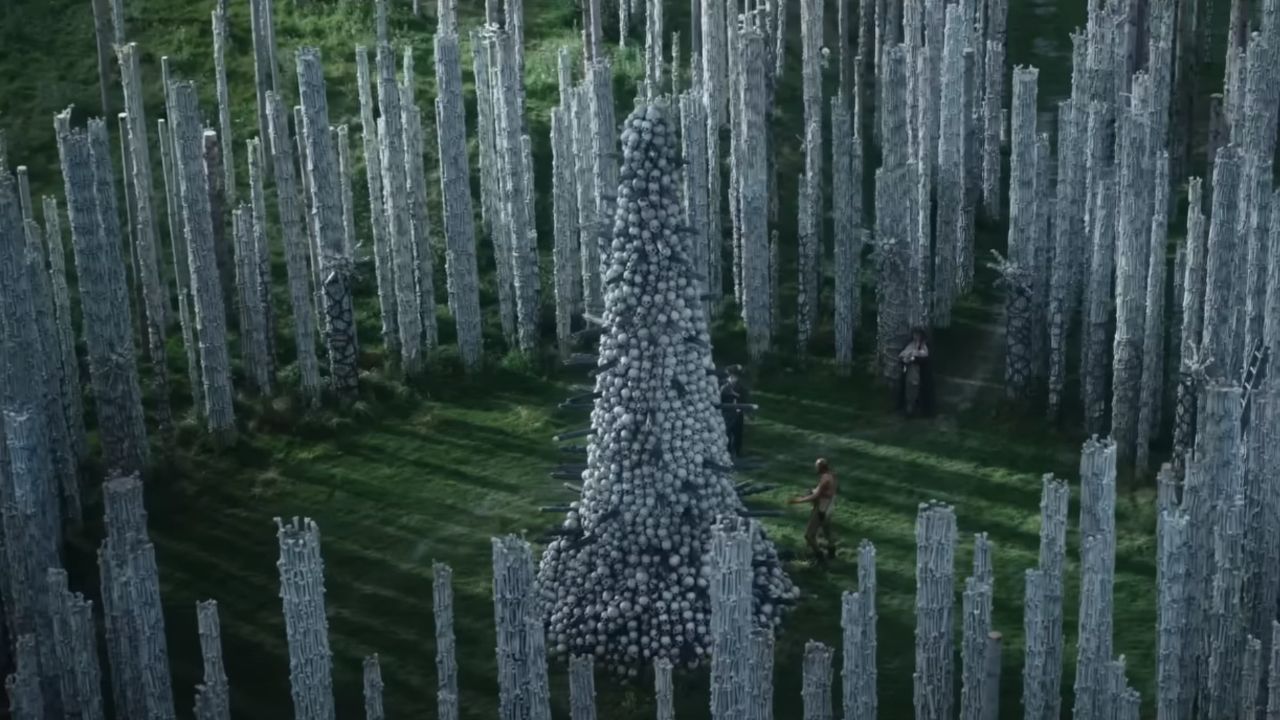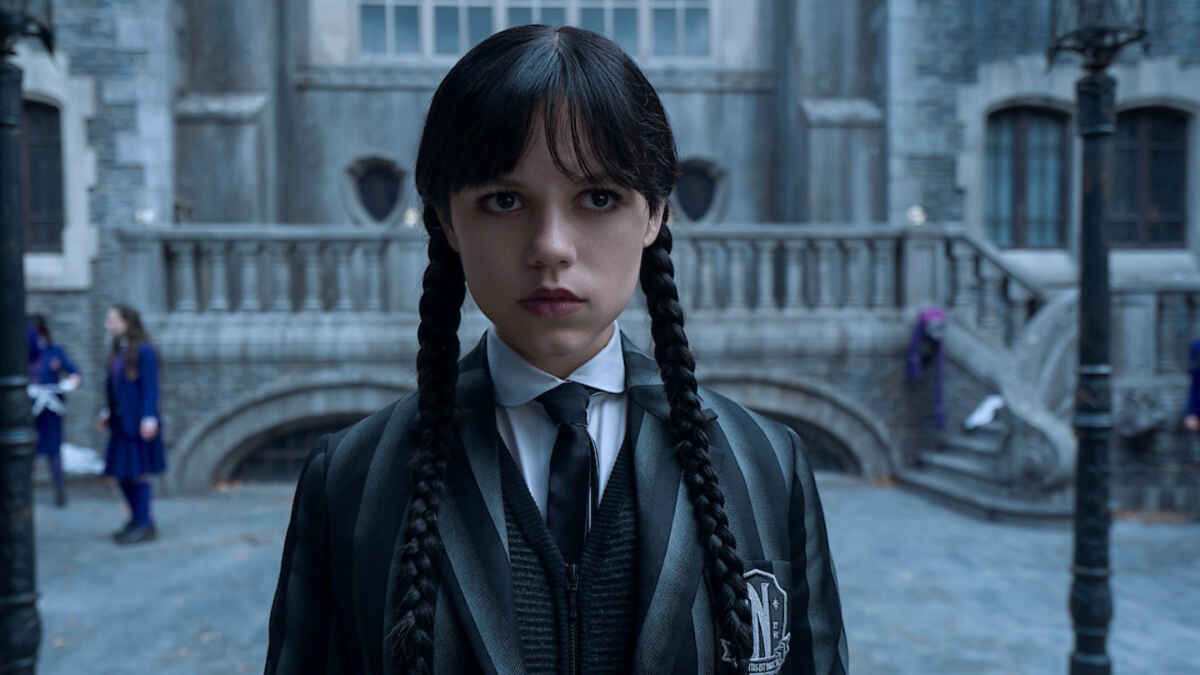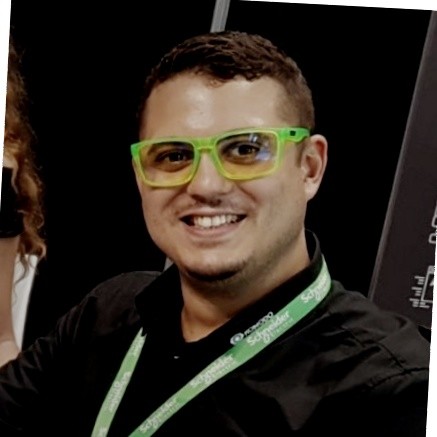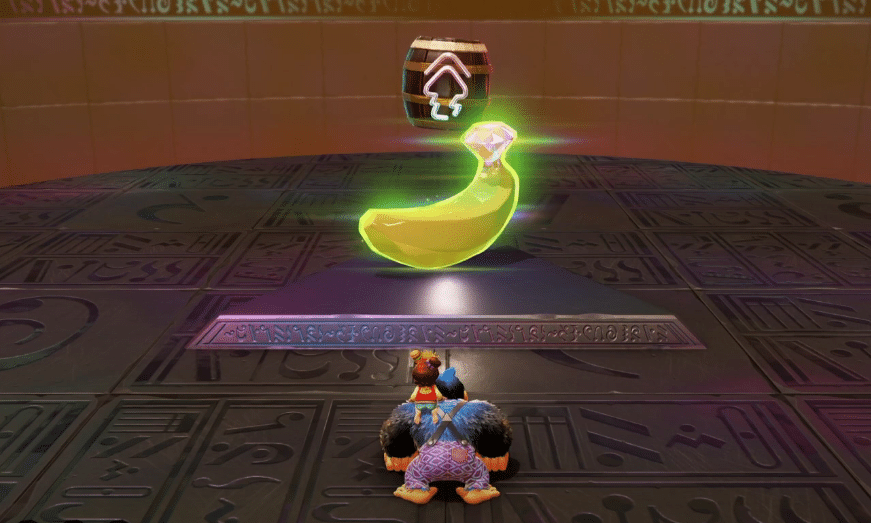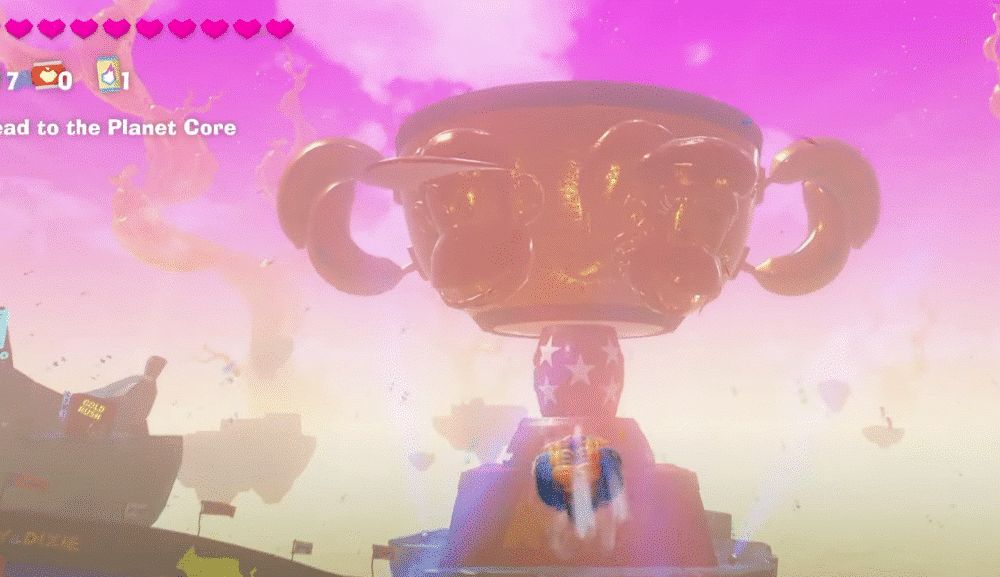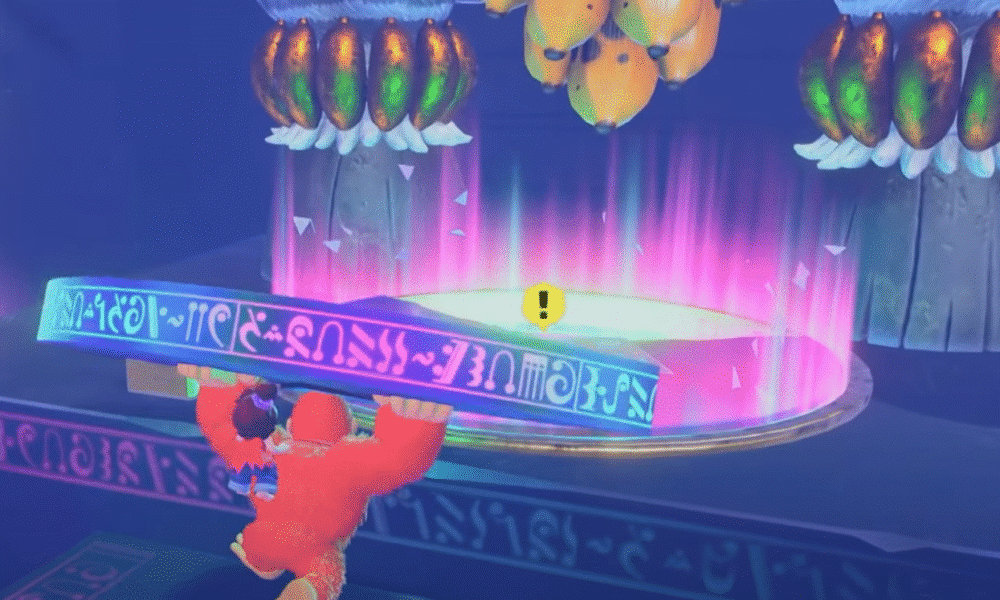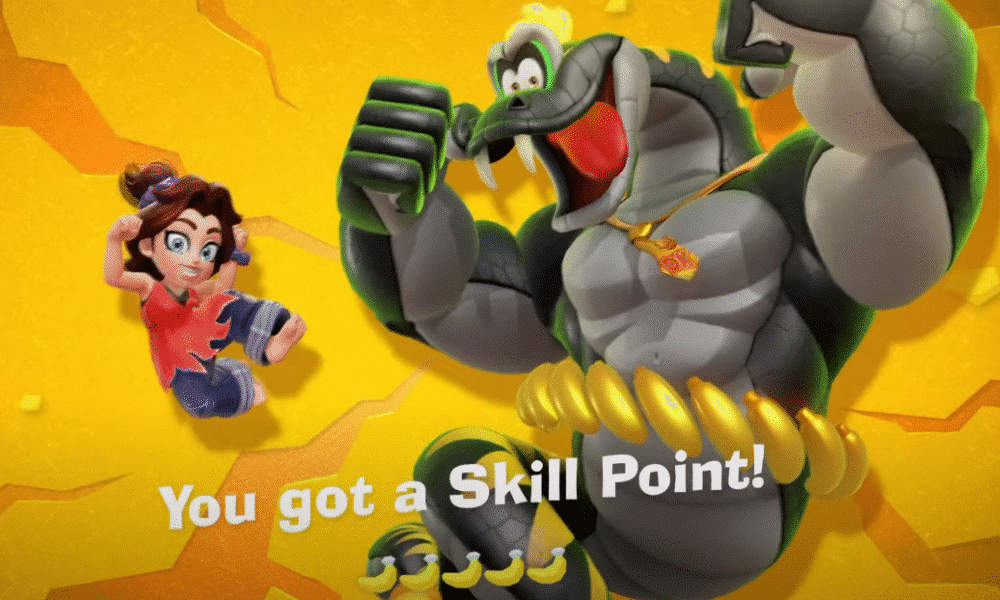This would be my favorite wireless controller of all time if it wasn’t STILL wired-only on Xbox — but that could actually change
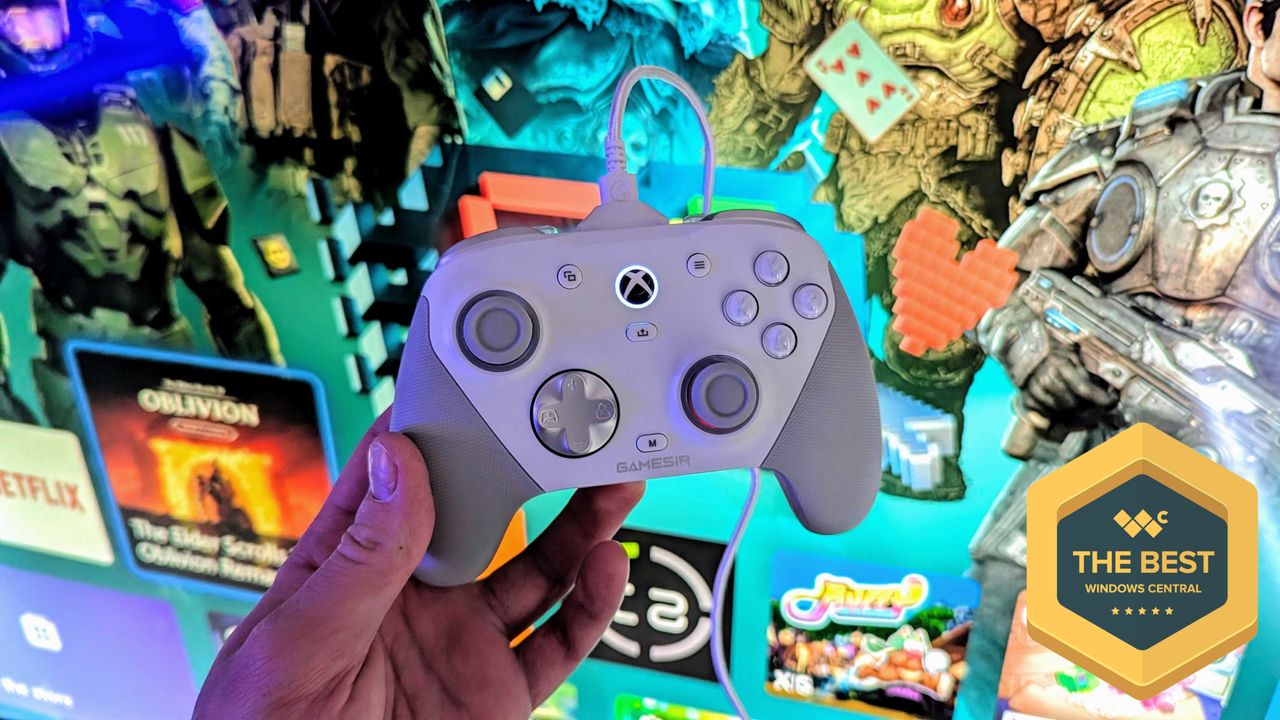
Ever since I came across GameSir, I’ve been yearning for the company to develop a wireless Xbox controller. It appeared as if my wish was about to come true, and indeed, during my recent visit to CES, I had the opportunity to try an early prototype of the GameSir G7 Pro.
